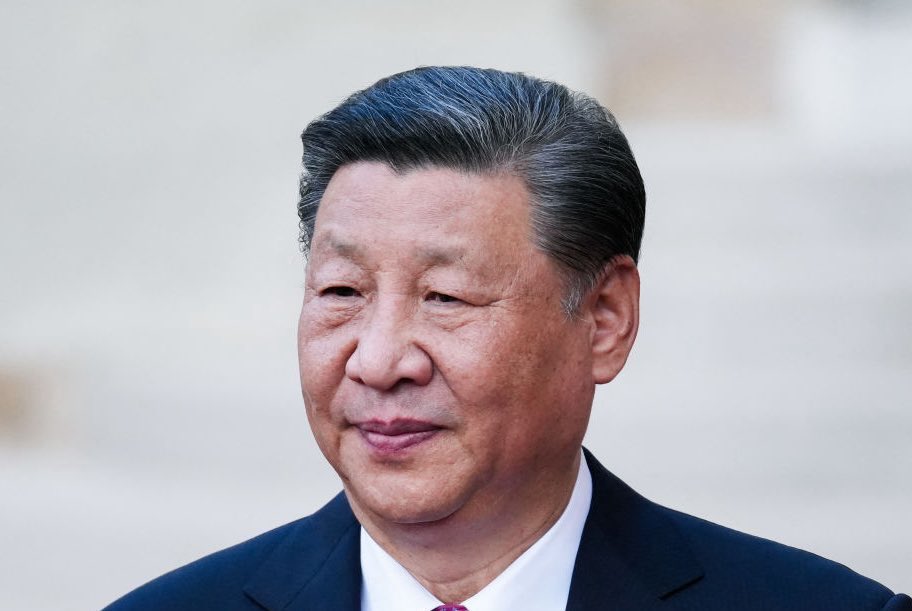
China has reaffirmed its commitment to purchasing oil from Russia, signaling a continued defiance of mounting pressure from the United States and its Western allies. Despite repeated calls from Washington urging Beijing to scale back its energy cooperation with Moscow in light of the ongoing conflict in Ukraine, Chinese officials have made it clear that energy security and strategic partnerships remain top priorities.
Over the past year, China has significantly increased its imports of Russian crude, taking advantage of discounted prices as Western nations imposed sanctions on Russia. This not only provides economic relief to Moscow but also aligns with China’s broader goal of diversifying its energy sources and reducing reliance on Western markets.
According to recent trade data, Russia has overtaken Saudi Arabia as China’s largest supplier of crude oil, accounting for a significant portion of its overall energy imports. Analysts say that the ongoing trade highlights Beijing’s unwillingness to align with Western sanctions, choosing instead to prioritize national interests and long-term strategic alignment with Moscow.
U.S. officials have voiced concerns that such economic engagement helps fund Russia’s military efforts and undermines the global effort to isolate President Vladimir Putin’s regime. However, China has consistently defended its stance, arguing that its trade with Russia is conducted within the bounds of international law and based on mutual benefit.
A spokesperson for China’s Ministry of Foreign Affairs emphasized that “normal energy cooperation between sovereign countries should not be subject to external interference.” The statement underscores China’s broader foreign policy approach of non-intervention and respect for national sovereignty.
This move also reflects the increasingly close ties between China and Russia, who have both found common ground in their resistance to what they describe as U.S. hegemony. The two nations have expanded cooperation in energy, finance, and military affairs, framing their relationship as a counterbalance to Western dominance in global affairs.
While Washington has hinted at potential consequences for nations






